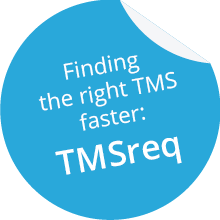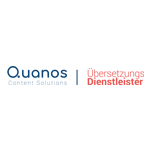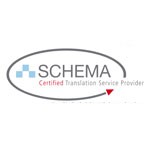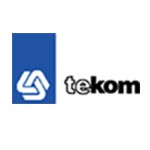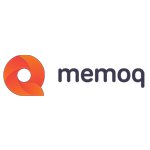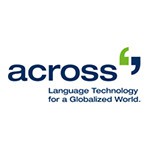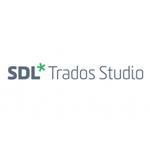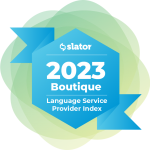Certified quality times three:
ISO 9001, ISO 13485 and ISO 17100
Our quality management system (QMS) has been in use for over 20 years and has been continuously adapted and expanded over time, in line with the development of the company itself.
Gemino’s QMS has been fully compliant with the ISO 17100 and ISO 9001 standards for several years and is certified accordingly.
Since the beginning of 2024, this is also the case for ISO 13485, the QM standard for manufacturers of medical devices.
Here is an overview of the content and purposes of these standards:
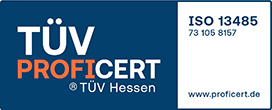
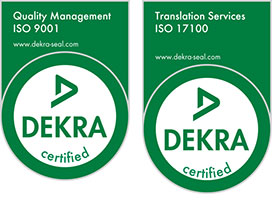
Our standards
ISO 9001
The most widely used quality management standard is ISO 9001. It defines general minimum requirements for a quality management system that ensures and continuously improves compliance with customer requirements, efficiency and customer satisfaction. Fulfilling these requirements should ensure that the company or organization has suitable processes in place to provide products and services of a defined and consistent quality.
The quality required of the company’s products and services is based in particular on the customer’s expectations and the applicable statutory and regulatory requirements. At the same time, the management system is subject to a continual improvement process. The defined requirements are independent of a specific industry and can be applied to almost any company of any size and any business content.
The certification procedure for ISO 9001 prescribes an initial certification audit. In the following two years, annual surveillance audits are carried out. After three years, a complete recertification is required.
ISO 13485
The ISO 13485 standard is very similar to ISO 9001 but was developed specifically for manufacturers and suppliers of medical devices. It is based on the EU regulations on medical devices 2017/745 (MDR) and on in vitro diagnostic medical devices 2017/746 (IVDR).
ISO 13485 specifies similar minimum requirements for the quality management system as ISO 9001. However, the specific requirements go well beyond this in some areas. In particular, standard operating procedures (SOPs) are mandatory in many chapters, which is not the case under ISO 9001. The standard also requires applying a clear risk-based approach in all areas of the company that have an influence on the appropriate manufacture and safe use of medical devices.
In the introduction, it is explicitly stated that the standard can also be applied by suppliers of medical device manufacturers. This refers to providers of products and services for organizations that manufacture and/or distribute medical devices. Translations fall into this category of services, especially translations of the so-called “labelling”, which must be considered an integral part of the medical device. This opens up the possibility for a language service provider to be certified in accordance with ISO 13485, which is associated with a number of advantages for the manufacturer of medical devices.
See also: “What our ISO 13485 certification means for our clients”
As part of the ISO 13485 certification procedure, an audit readiness assessment is first carried out (possibly in advance/remotely). The actual audit is then usually carried out on site at the company. In the following two years, annual inspections are carried out by means of surveillance audits. After three years, recertification is required.
ISO 17100
This standard specifies requirements for the translation process. In contrast to the ISO 9001 and ISO 13485 standards, it does not prescribe a specific quality management system and the documentation requirements are relatively reduced. The main requirements of the standard are the four-eyes principle and the qualification and competences of the translators, which must be verified by the language service provider. In this way, ISO 17100 creates an industry standard for the professional profile of translators and makes it possible to compare the scope of the “translation” service between different service providers.
The certification procedure prescribes an initial certification audit. In the following two years, annual surveillance audits are carried out. Recertification is then required three years after the initial certification.
Three standards, two certification bodies
Gemino works with distinct certification bodies for the different standards.
Certification in accordance with ISO 17100 – and a few years later ISO 9001 – was carried out by DEKRA. Certification for language service providers in accordance with ISO 13485 was not offered by DEKRA at this time. We therefore looked around for another certification body. In TÜV Hessen / PROFICERT, we finally found a trustworthy, established partner for a certification procedure in accordance with ISO 13485.

